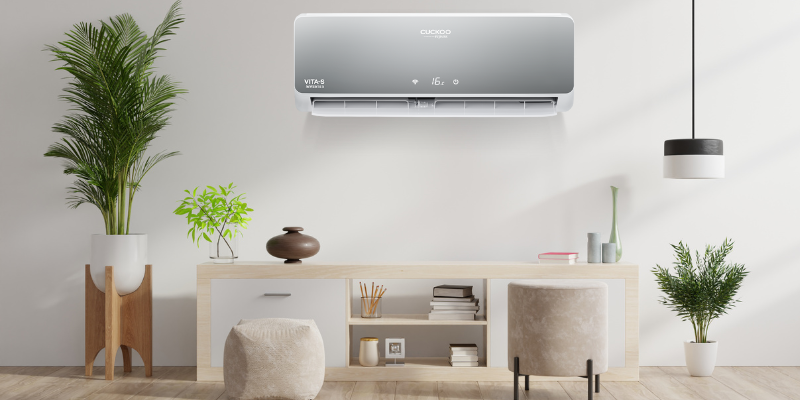
Are you often affected by sinus or allergy problems? Well, it could be a sign that your indoor air quality is bad!
When you’re constantly surrounded by poor indoor air quality, it could have long term effects on your respiratory system. Symptoms such as dry cough or an itchy nose are some of the tell-tale signs. To prevent this from happening, changes need to be made in your home! Here are 7 ways to improve your indoor air quality:
7 ways to improve your indoor air quality
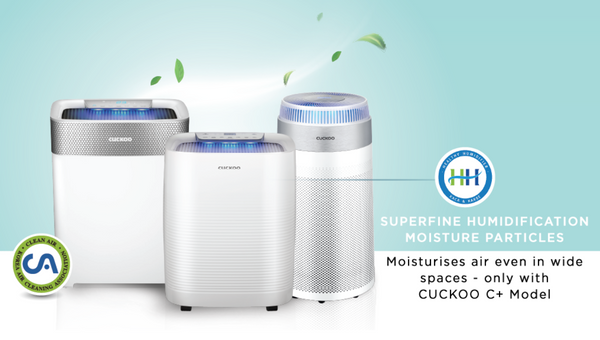
1. Place Humidifiers In The Room
Humidifiers are great for two reasons: to maintain humidity in the room and to clean the air. Harmful, invisible bacteria are constantly floating around, especially in households. Humidifiers help to clean the air of these microbes while removing other pollutants. Additionally, these devices help to maintain a humidity level where it will not trigger mould to breed.
2. Open Windows from Time to Time
Opening windows can help to freshen up the air in your room! You’ll improve the ventilation by letting natural wind blow in and flush out any harmful particles! It’ll even make way for fresh, cool air to flow through your home which can save you on aircon operating costs.
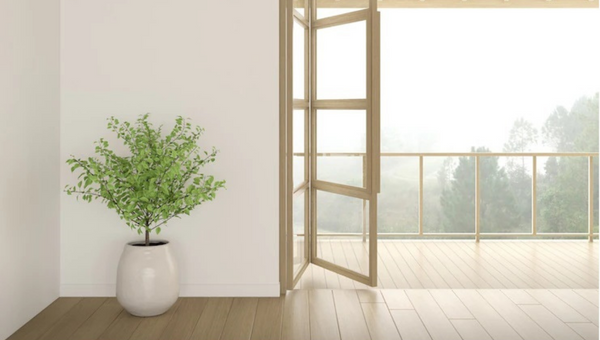
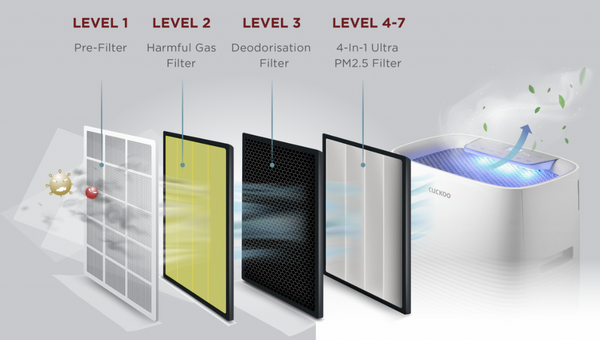
3. Get a Decent Air Purifier
Air purifiers are great tools to help improve indoor air quality in homes! How do they work?
These devices suck in air through a filtration system. Through the advanced filtering process, all the bacteria, viruses, and harmful particles get removed before the clean air is released back into the room.
4. Decorate Your Space with Indoor Plants
Plants work well as interior decorative items, but they are even better as natural air filters! Some indoor plants can help improve indoor air quality as they are able to remove toxic irritants and particles circulating in the air.
Typically, the best indoor plants to help promote fresh air in a room would be Snake Plants or Peace Lilies.
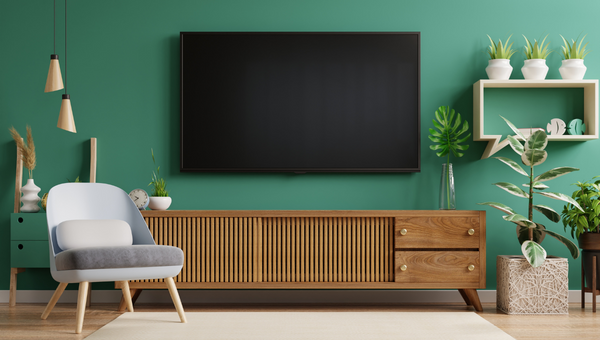
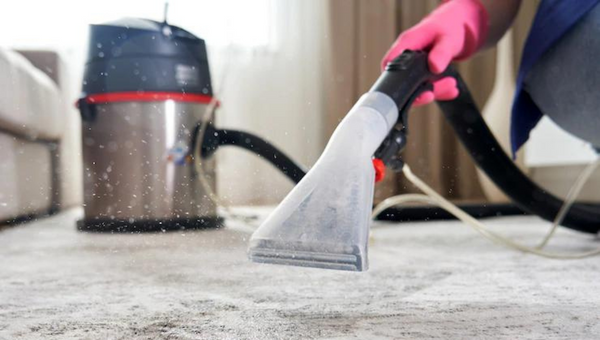
5. Clean Your Carpets and Rugs
If you happen to have carpets or rugs around, don’t forget to get them cleaned regularly. Irritants such as dust, bacteria or mites can accumulate and get trapped within the fibres of the carpets or rugs. A good practice would be to vacuum them once or twice a week.
You could also leave your carpets out to hang on a sunny day. The UV rays help to destroy any microbes that may have started growing on it.
6. Dry Out Areas That Are Damp
Damp areas such as your bathroom and kitchen are one of the most common breeding grounds for mould. To avoid mould from building up in these areas, try to avoid hanging wet clothes inside.
Opening your windows to allow wind to blow through your room can also help. This will prevent condensation from building up over time. If you notice any mould growing in the ceiling or walls of your home, you should start using cleaning solutions that contain bleach. Leaving it there would only cause the mould to grow and spread, causing long term damage to your home.
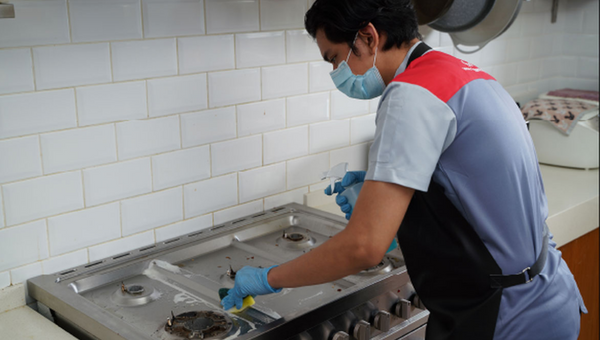
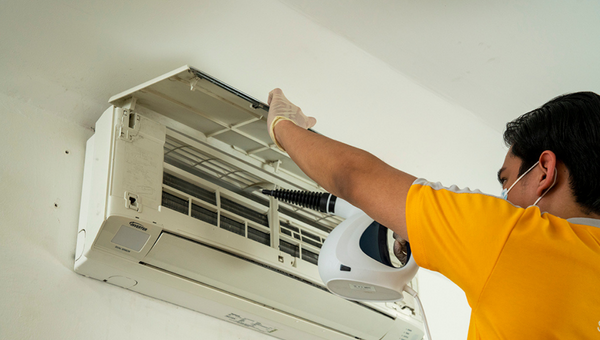
7. Clean Your Aircon Filters
Are your air conditioners running almost every day? It could be one of the causes of bad indoor air quality! Aircon filters tend to get filled up with dust in the long run. Without regular aircon cleaning, your device won’t function as well, increasing your electricity bill and could eventually wear it down.
While you could clean the aircon filters yourself, it does require some skill and knowledge. With that said, it’ll be easier if you hire professional aircon cleaning services to help you get the job done. A standard aircon cleaning package typically involves a professional cleaner to deep-clean the entire aircon unit.
Are you often affected by sinus or allergy problems? Well, it could be a sign that your indoor air quality is bad!
When you’re constantly surrounded by poor indoor air quality, it could have long term effects on your respiratory system. Symptoms such as dry cough or an itchy nose are some of the tell-tale signs. To prevent this from happening, changes need to be made in your home! Here are 7 ways to improve your indoor air quality:

1. Place Humidifiers In The Room
Humidifiers are great for two reasons: to maintain humidity in the room and to clean the air. Harmful, invisible bacteria are constantly floating around, especially in households. Humidifiers help to clean the air of these microbes while removing other pollutants. Additionally, these devices help to maintain a humidity level where it will not trigger mould to breed.

2. Open Windows from Time to Time
Opening windows can help to freshen up the air in your room! You’ll improve the ventilation by letting natural wind blow in and flush out any harmful particles! It’ll even make way for fresh, cool air to flow through your home which can save you on aircon operating costs.

3. Get a Decent Air Purifier
Air purifiers are great tools to help improve indoor air quality in homes! How do they work?
These devices suck in air through a filtration system. Through the advanced filtering process, all the bacteria, viruses, and harmful particles get removed before the clean air is released back into the room.

4. Decorate Your Space with Indoor Plants
Plants work well as interior decorative items, but they are even better as natural air filters! Some indoor plants can help improve indoor air quality as they are able to remove toxic irritants and particles circulating in the air.
Typically, the best indoor plants to help promote fresh air in a room would be Snake Plants or Peace Lilies.

5. Clean Your Carpets and Rugs
If you happen to have carpets or rugs around, don’t forget to get them cleaned regularly. Irritants such as dust, bacteria or mites can accumulate and get trapped within the fibres of the carpets or rugs. A good practice would be to vacuum them once or twice a week.
You could also leave your carpets out to hang on a sunny day. The UV rays help to destroy any microbes that may have started growing on it.

6. Dry Out Areas That Are Damp
Damp areas such as your bathroom and kitchen are one of the most common breeding grounds for mould. To avoid mould from building up in these areas, try to avoid hanging wet clothes inside.
Opening your windows to allow wind to blow through your room can also help. This will prevent condensation from building up over time. If you notice any mould growing in the ceiling or walls of your home, you should start using cleaning solutions that contain bleach. Leaving it there would only cause the mould to grow and spread, causing long term damage to your home.

7. Clean Your Aircon Filters
Are your air conditioners running almost every day? It could be one of the causes of bad indoor air quality! Aircon filters tend to get filled up with dust in the long run. Without regular aircon cleaning, your device won’t function as well, increasing your electricity bill and could eventually wear it down.
While you could clean the aircon filters yourself, it does require some skill and knowledge. With that said, it’ll be easier if you hire professional aircon cleaning services to help you get the job done. A standard aircon cleaning package typically involves a professional cleaner to deep-clean the entire aircon unit.
Hire Air Conditioner Cleaning Services with WonderKlean!
The air-conditioner is probably the most commonly used appliance in your home. To avoid breathing in poor-quality air that could cause health and respiratory issues, your air conditioner must be professionally cleaned at least every 6 months.
You can maintain good indoor air quality by keeping your air conditioner clean all year long with the help of WonderKlean! WonderKlean’s team has many years of professional experience dealing with all kinds of aircon cleaning methods and providing other home care cleaning services, ensuring your home is free from bacteria.
Check out WonderKlean’s air conditioner cleaning services today!



